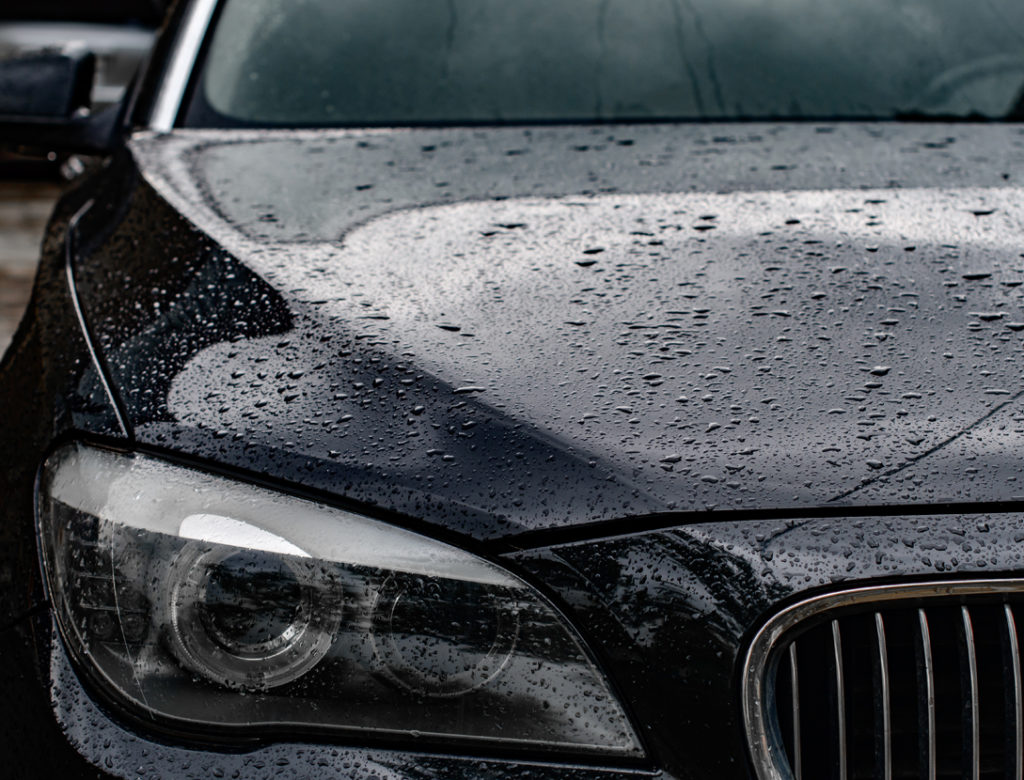July 29, 2020
Have you ever considered the damage to your vehicle duco (paintwork) should you be forced to leave it outside & exposed to the harsh Australian elements?
Here are a few tips and reminders of those elements that may damage the vehicle’s re-sale value and how to avoid them.
The main issue with bird or bat droppings is the acidic matter contained in the droppings (probably due to the food consumed by our wildlife). Left on the paintwork for an extended period of time this will result in a dull mark sitting below the duco that is permanent. When you notice the poop do not scoop. Simply take some hot water and a soft cloth and slowly add water and reduce the dropping until it can be gently wiped off. If you have some vehicle polish it would be a good idea to apply some to the area previously occupied by the dropping.
The same procedure above applies to damage from tree sap. Again the most important thing is not to rub the substance until it is loose enough to simply “fall off the duco”.
Freshly laid asphalt or tar that has melted in the heat of summer may cause the substance to ‘flick” up and attach itself to the paintwork. The tar will eventually dry fast and the longer it is left will become more difficult to remove. A gentle “gurney” with a high-pressure hose may loosen the tar and require no further attention. If left for any period of time however, may require an application of “Paint Thinners” or “Prepsol”. Prepsol is also known as “Prepwash” or “Wax & Grease Remover”. Apply a small amount to a soft cloth and gently wipe off the tar. It is recommended not to leave on the “Prepsol” but to apply some vehicle polish after use.
You would know that if you travel into the country areas around Australian cities your vehicle is sure to become some bugs’ final flight. Their splattered remains if left, become etched into the vehicles’ duco. The most effective way to remove this pesky debris is with a vehicle degreaser (diluted in the correct proportion with water) and applied with a spray bottle. Remember to lightly rinse the vehicle with water before applying the ‘degreaser”. It is also recommended that you apply vehicle shampoo to the vehicle to remove the degrease residue that may remain.
The process of water either in the form of raindrops, snow or even moisture that makes up fog if left in the harsh sun or unattended for weeks on end threaten to damage both the duco and glass of your vehicle. To be sure it is advisable to wash our vehicle on a regular basis (every 2-4 weeks if parking outdoors). To further protect your vehicle if parking outside, an application of some form of paint sealant 1-4 times per year is recommended. ‘Water spots” not rescued may etch into the duco, so called “eating the paint” appearing in the form of crescent or circular shaped marks won’t wash off. Having a ceramic or protective type coating on top of your paint will buy you some time before this happens, but even highly chemically resistant coatings can still etch. To remove, you’ll need to take a clay bar to the water spot, then buff it out with a random orbital buffer. Just make sure you’re starting with the softest pad and least aggressive polish, then working your way up in terms of aggressiveness if you’re not seeing results. And if you’re not confident in your buffing abilities, you’ll want to get in touch with a reputable professional detailer to see if this work can be done for you. A vehicle cover will protect the paint if you really want to prolong the duco.

As logical as it may seem baking in the hot sun for extended periods is not great for any vehicle. Fortunately paintwork today is layered with many more coatings than years ago. Despite this red or yellow paintwork seems to fade the fastest. The best way to protect the paint is to keep it in the shade as much as possible. If you’ve got a carport, use it. Likewise with your garage – use it for cover not for junk storage. With severe fade , it is possible to buff & polish the vehicle. This may add some life to the paintwork, however you will need to keep it under cover or within a few short months it will start to get that faded appearance.
As careful as you may be in removing the petrol nozzle, it seems that every now and then you manage to spill a few drops or more down the side of the paintwork. Don’t leave it! It can cause the paint to peel eventually. Apply water from the service station watering cans or garden hose. When you get home rinse, apply some vehicle shampoo and some vehicle wax or polish. If you have rinsed the vehicle with water at the servo, don’t panic and miss your appointments, you have plenty time to give the duco some further attention on the weekend.
Sunscreen on either the interior plastics/leather or sitting on the exterior paintwork can be a real pain to remove. Designed to reflect light and protect us from UV, if accidently left too long on the paintwork it will leave a white residue and discolour the paintwork. Don’t leave it too long and apply “Prepsol” for the exterior only of the vehicle and apply a multi-purpose vehicle cleaner to remove residue off the interior trimmings. A soft bristle brush may assist if used gently on the interior fabrics or trimmings. The same procedure described may be used to remove similarly stubborn shoe polish delivered by your kids to the interior plastics/leather of the vehicle.
Take care of your expensive possession and hopefully it stands you in good stead when it comes to trading it in or maintaining as a valued asset.